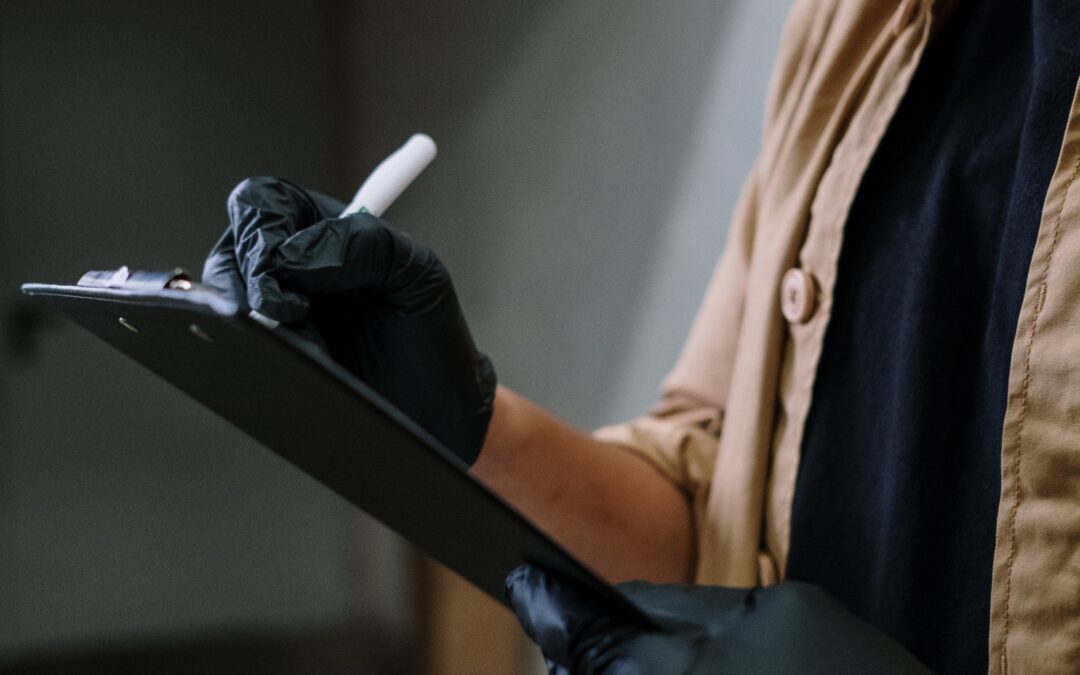The HSE and local authorities may inspect your business’ health and safety controls at any reasonable time. There are some common reasons they may attend your business, so you have to be ready and prepared for health and safety inspections at all times, but also in certain circumstances.
When Health and Safety Inspections Occur
The HSE focus their efforts where the risks are higher and where they can have the most impact, usually in situations such as:
High Risk Industries
There are a number of hazardous industries such as nuclear, offshore, chemicals and the rail industry which require closer inspection. Additional controls for safety purposes must be in place in these industries and the HSE may check in more regularly.
Industry Evidence of Poor Health and Safety
If your business is in a sector or the work your carry out has a high rate of accidents or illness, then it will attract closer attention. Inspections on this basis will focus on the pre-identified risks for national health and safety improvements.
Specific Incidents or Complaints
The HSE may visit after you report a workplace accident or work-related illness. They may also visit if there has been a complaint made against your business. They tend to visit the most severe incidents or those linked to national priorities for health and safety.
What Happens During an Inspection?
The rose of a health and safety inspection is to find hazards, report them and make recommendations. Investigators are there to:
- Investigate what has gone wrong and what can be done to prevent it happening again.
- Instruct you on the required steps to control risks properly and comply with health and safety law.
- Enforce any necessary enforcement action based on the non-compliance. This can be as simple as advice to stop dangerous practices to prosecutions in the most severe cases.
- Advise and provide guidance to help your business comply with law and avoid any injuries.
What happens if you fail an HSE Inspection?
If a health and safety inspector finds any breach at your premises, then there will be action. This action depends on the nature of the breach and will be governed by the HSE Enforcement Policy Statement. The range of actions include:
- Informal – minor breaches of the law may result in advice and guidance on what to do to comply with the law. They may advise your legal requirements as well as recommendations.
- Improvement notice – in more serious breaches, the inspector can issue an improvement notice. This tells the dutyholder they must take certain action within a set period of time.
- Prohibition notice – if an inspector finds a breach which involves or ay involve a risk of serious personal injury, a prohibition notice may be served. This prohibits the risky activity immediately or after a specified period of time. The activity won’t be able to start again until remedial action is taken.
- Prosecution – in the most extreme circumstances the health and safety inspector may need to initiate prosecution. A failure to comply with a notice, or a court remedy order, carries a fine of up to £20,000 or six-months’ imprisonment, or both. Higher courts can also lead to higher fines.
While it is not sensible to worry about health and safety, you need to ensure you are prepared and work safely and compliantly. Regular updating your risk assessments and keeping good records are vital preparation for health and safety inspections. At Risk Safety Services we can work with you to ensure your business is compliant and operating safely. Contact us today to discuss any health and safety concerns you may have and we’ll advise how we can help.

